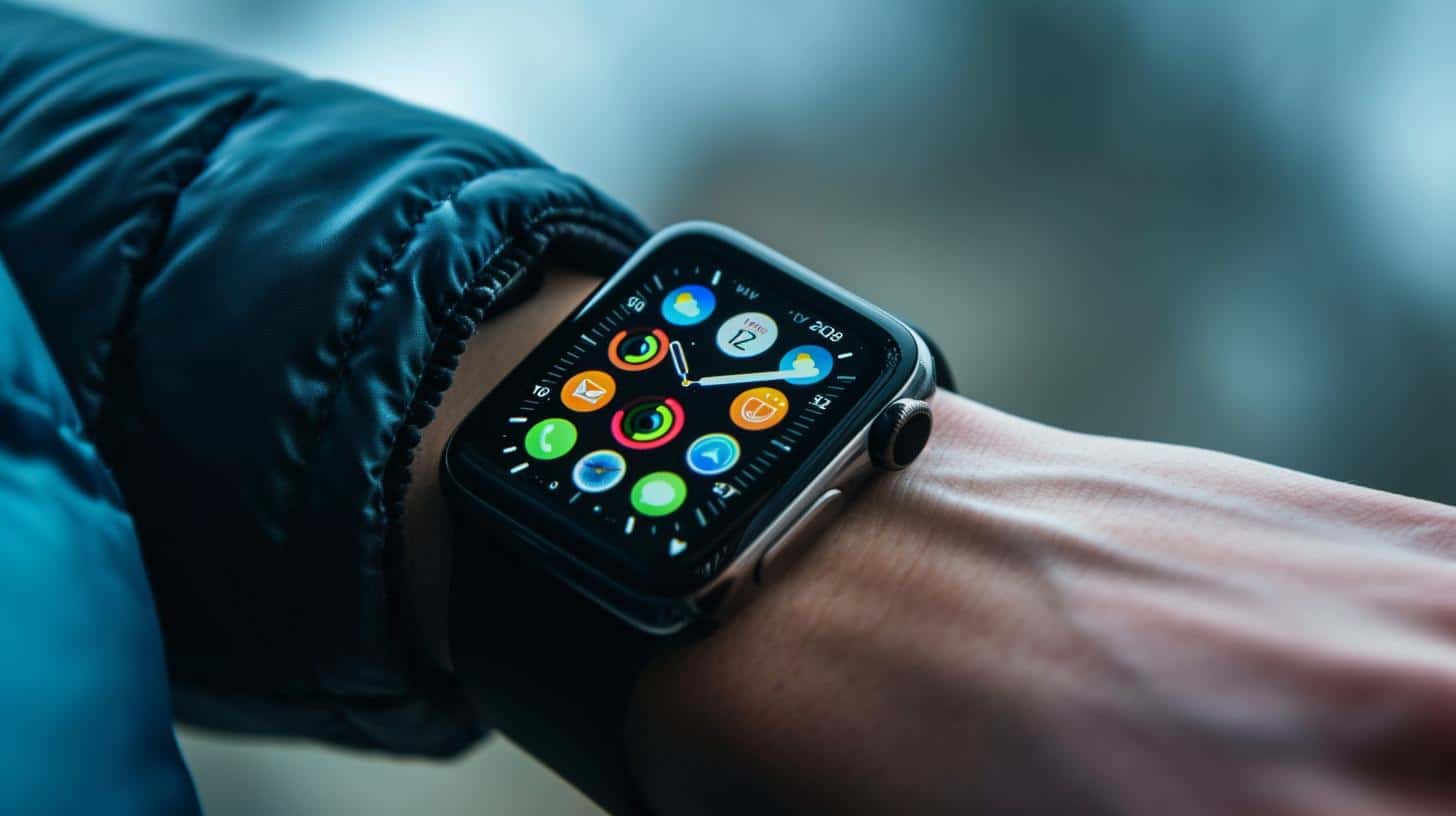Analyzing the Apple Watch and Samsung Galaxy Watch: A Comparative Study
When it comes to smartwatches, two of the most popular options on the market are the Apple Watch and the Samsung Galaxy Watch. Both devices offer a plethora of features and boast impressive user bases. In this comparative study, we will analyze the strengths and weaknesses of each smartwatch, allowing consumers to make an informed decision about which device best suits their needs.
Strengths of the Apple Watch: Analyzing Apple’s Successful Smartwatch
The Apple Watch has established itself as a leader in the smartwatch market, and for good reason. One of its key strengths is its seamless integration with other Apple devices. Whether it’s receiving notifications from your iPhone, controlling music playback on your MacBook, or even making a call from your wrist, the Apple Watch provides a truly interconnected experience. Additionally, the Apple Watch excels in health and fitness tracking, with features like heart rate monitoring, activity tracking, and even an ECG app. Combined with a user-friendly interface and a vast selection of apps, the Apple Watch offers a comprehensive and intuitive smartwatch experience.
Weaknesses of the Apple Watch: Examining Areas for Improvement
Despite its strengths, the Apple Watch does have some weaknesses that should be considered. One major drawback is its limited compatibility with non-Apple devices. While it seamlessly integrates with iPhones, it offers limited functionality with Android smartphones. Additionally, the Apple Watch’s battery life leaves room for improvement. Many users find themselves needing to charge their watch daily, which can be inconvenient for those who rely heavily on their device throughout the day. Lastly, the Apple Watch’s high price point can be a deterrent for budget-conscious consumers, as it is one of the more expensive smartwatches on the market.
Strengths of the Samsung Galaxy Watch: The Unique Features That Set it Apart
The Samsung Galaxy Watch stands out with its unique features and strengths. One notable advantage is its compatibility with both Android and iOS devices, making it a more inclusive option for users of different smartphones. Additionally, the Galaxy Watch offers a longer battery life compared to its competitors, with some models lasting up to several days on a single charge. Another strength of the Galaxy Watch is its rotating bezel, which allows for easy navigation and control of the device. This feature provides a tactile experience that many users find intuitive and enjoyable.
Weaknesses of the Samsung Galaxy Watch: Identifying Concerns and Limitations
While the Samsung Galaxy Watch has several strengths, it also has its fair share of weaknesses. One major concern is the limited app selection compared to the Apple Watch. While Samsung continues to expand its app store, it still lags behind Apple in terms of app variety and quality. Additionally, the Galaxy Watch’s user interface can be a bit overwhelming for some users, with its multiple menus and settings. This complexity may deter some users who prefer a simpler and more streamlined experience. Finally, the Galaxy Watch’s health and fitness tracking capabilities, while decent, are not as comprehensive as those offered by the Apple Watch.
In conclusion, both the Apple Watch and the Samsung Galaxy Watch offer unique strengths and weaknesses. The Apple Watch excels in its seamless integration with other Apple devices and its extensive health and fitness tracking features. On the other hand, the Samsung Galaxy Watch stands out with its compatibility with both Android and iOS devices, longer battery life, and intuitive rotating bezel. Ultimately, the choice between these two smartwatches comes down to personal preference and the specific needs of the user.













